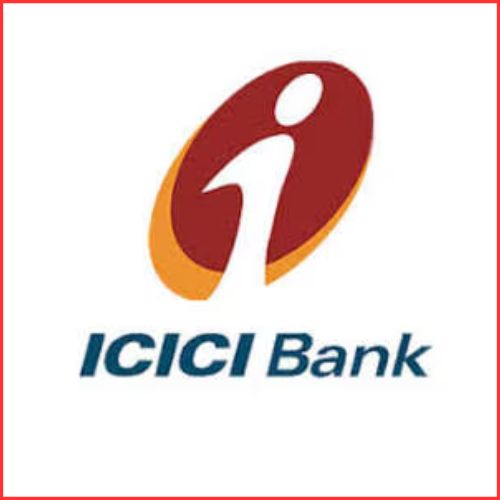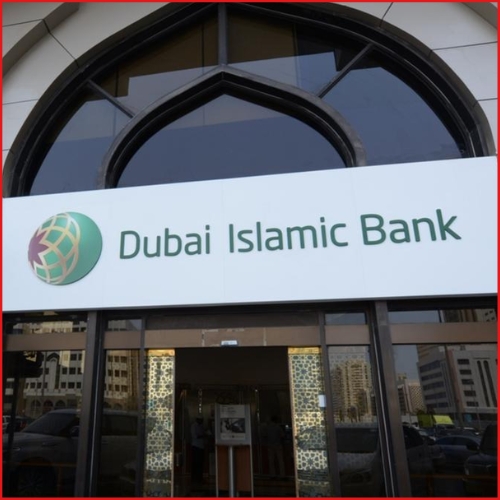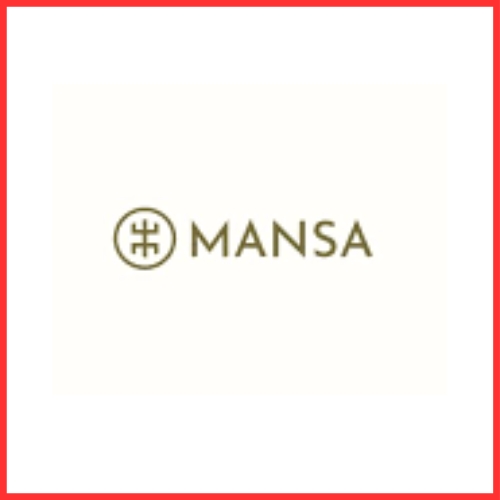Vostro accounts are accounts held by a bank on behalf of another, often foreign, bank, and are an important part of correspondent banking.
So far, five Indian banks have received regulatory approval for rupee trading. UCO Bank, Union Bank, and IndusInd Bank are the other three.
Aside from that, the central bank has approved two Russian banks: Sber Bank and VTB. Both companies have a presence in India.
“Nine accounts have been opened. One in Uco Bank, one in Sber, one in VTB and 6 with IndusInd Bank. These six are different Russian banks,” news agency PTI had quoted Barthwal as saying on November 15.
These Russian banks are the first foreign lenders to receive this approval since the RBI issued guidelines on rupee overseas trade in July. These banks have opened special vostro accounts in their Delhi branches.
The RBI and Finance Ministry asked top management of banks and representatives of trade bodies to push export and import transactions in Indian currency in September.
Because of the sanctions imposed by the US and Europe in response to Moscow’s invasion of Ukraine, a large portion of bilateral trade between India and Russia is currently settled in the rupee.
The decision to open the special vostro account clears the way for rupee payments to be settled for trade between India and Russia, enabling cross-border trade in the Indian currency, which the central bank is eager to promote.
To help popularise the new arrangement, the RBI has allowed the special vostro accounts to invest the surplus balance in Indian government securities.
The decision to open the special Vostro account clears the way for rupee payments to be settled for trade between India and Russia, allowing for cross-border trade in the Indian currency, which the RBI is eager to promote.
To help popularise the new arrangement, the RBI has allowed the special Vostro accounts to invest the surplus balance in Indian government securities, according to the PTI report.
In Iran, UCO Bank already has a Vostro account-based facility. Gazprombank, or GPB, is a privately held Russian lender and the country’s third-largest bank by assets.
Last month, the RBI and finance ministry asked bank executives and representatives from trade associations to encourage rupee-based export and import transactions. They want Indian banks to connect.














